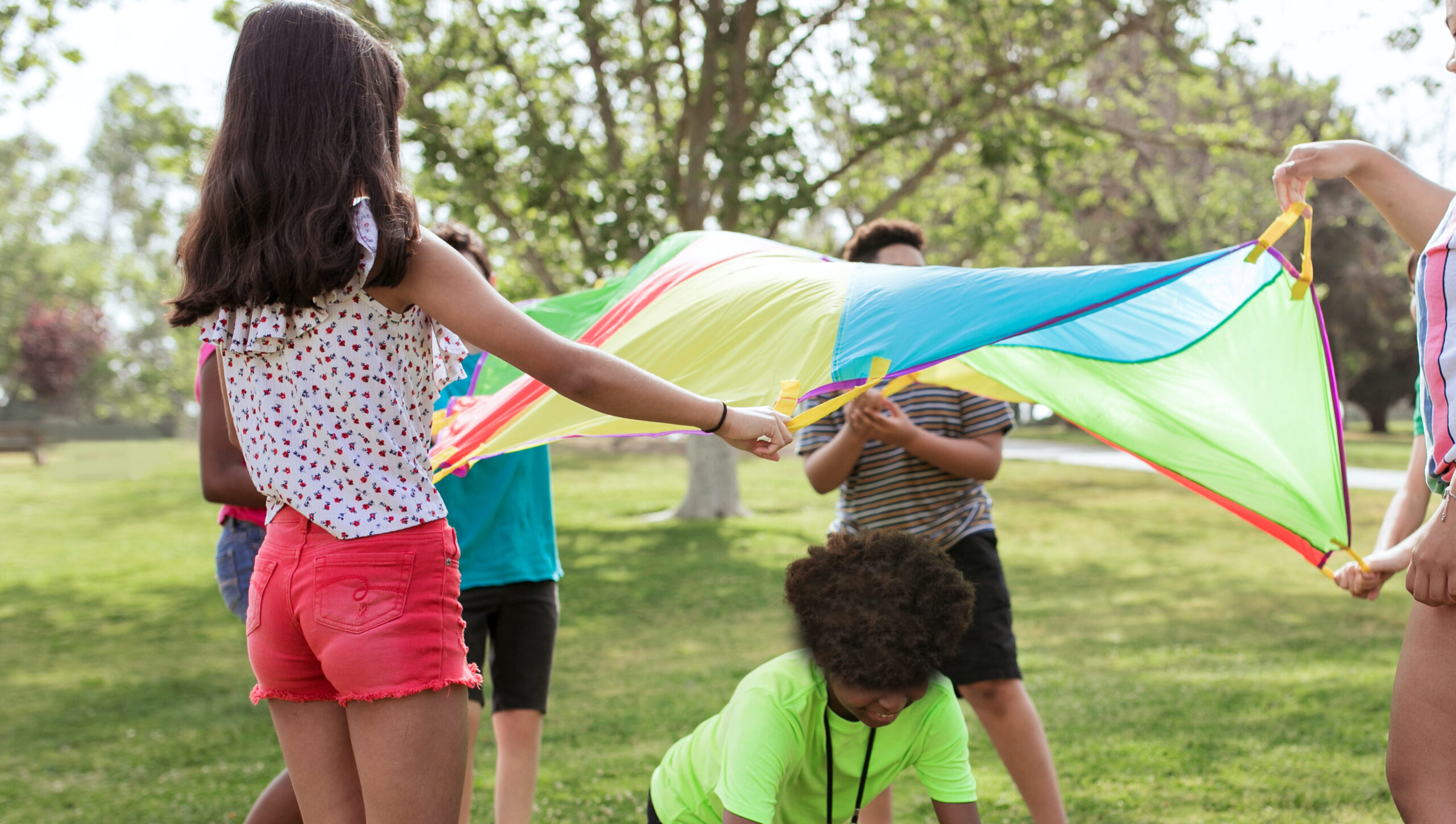“Ideas of what constitutes taking children seriously are open to criticism and revision. I am under no illusion that my ideas are The Final Truth.”
– Sarah Fitz-Claridge
From the archives: The original post was posted on 2nd February 1995
Various individuals wrote:
“To me, Taking Children Seriously doesn’t mean treating children as adults; because they aren’t.”
“Clearly, children are not adults. But (for me) Taking Children Seriously comes very close to treating them (at least as well) as I would adults (who are unrelated to me).”
“I’d like to know from you on this list your evaluation of the Montessori type of education. How good is it, measured by the standard of Taking Children Seriously?”
“I think its epistemologically very sound, and does take children seriously. Of course, I’m not an expert on what constitutes offical ‘Taking Children Seriously’.”
“Potshots welcome. This isn’t a thoroughly thought out position, but it has been useful as a practical gauge of whether I’m Taking Children Seriously.”
It might be thought that you are looking for the ultimate Taking Children Seriously doctrine or once-and-for-all answer. Whilst I agree that we are seeking truth, I suggest that current ideas of what constitutes taking children seriously are as open to criticism and revision in the light of new knowledge as anything else. There is no dogmatism here—not in my view, anyway. If one thinks one knows the answer, one won’t be trying to improve upon one’s present ideas.
See also:
- How do our angry critical outbursts look from a different perspective?
- Limiting your children’s screen time?
- “Why does parenting feel so hard?”
Sarah Fitz-Claridge, 1995, ‘No dogmatism here’, https://takingchildrenseriously.com/no-dogmatism-here/

